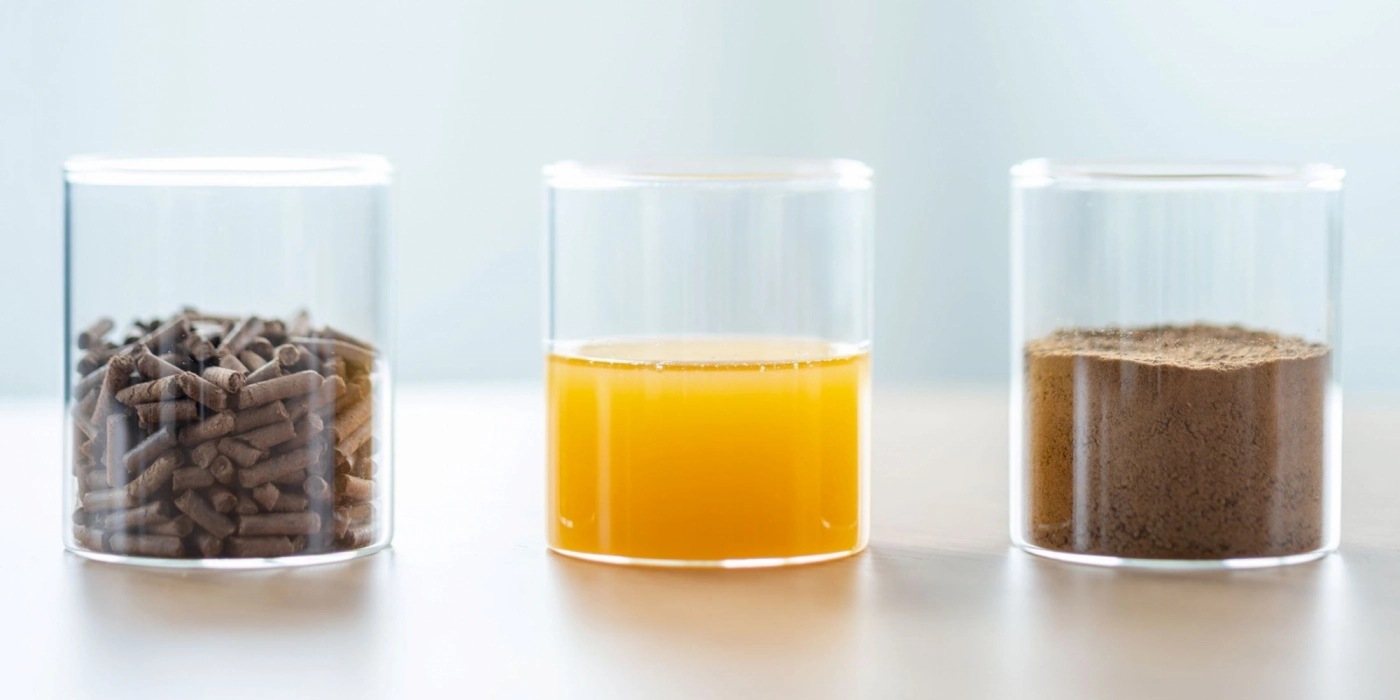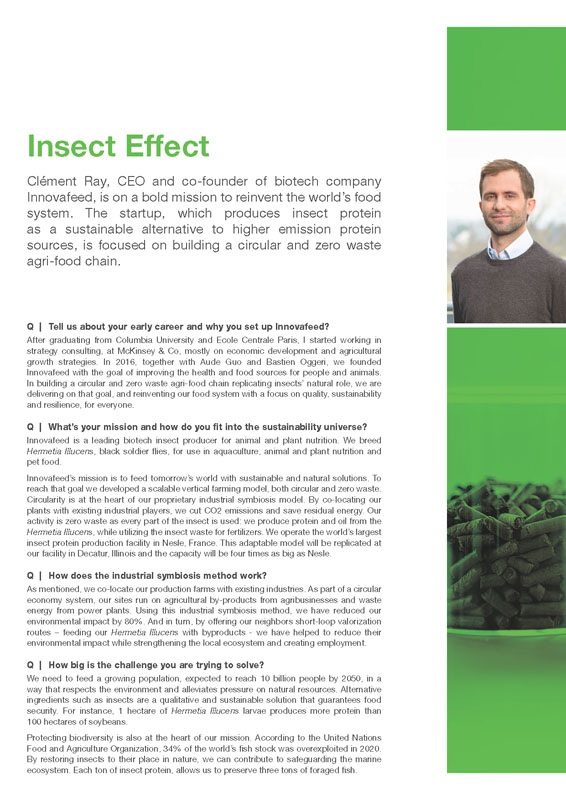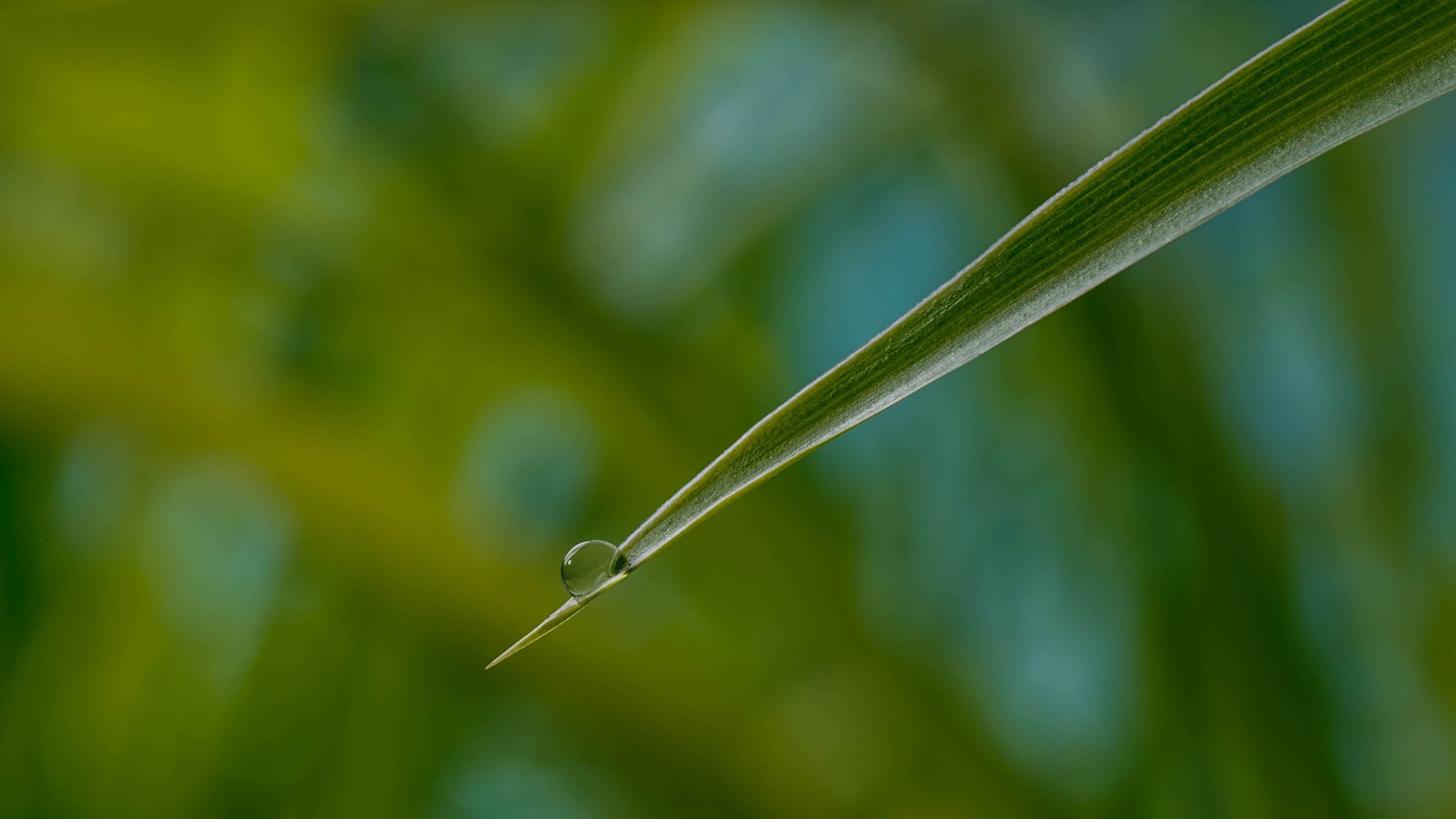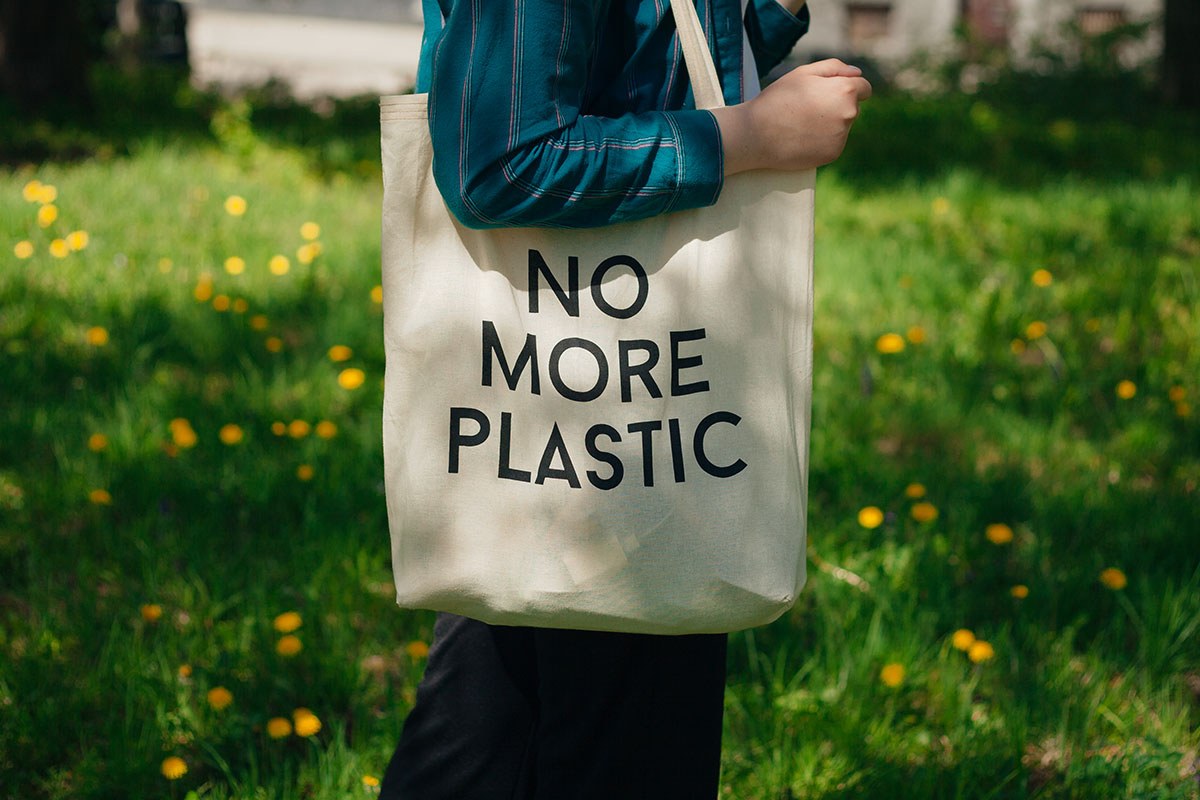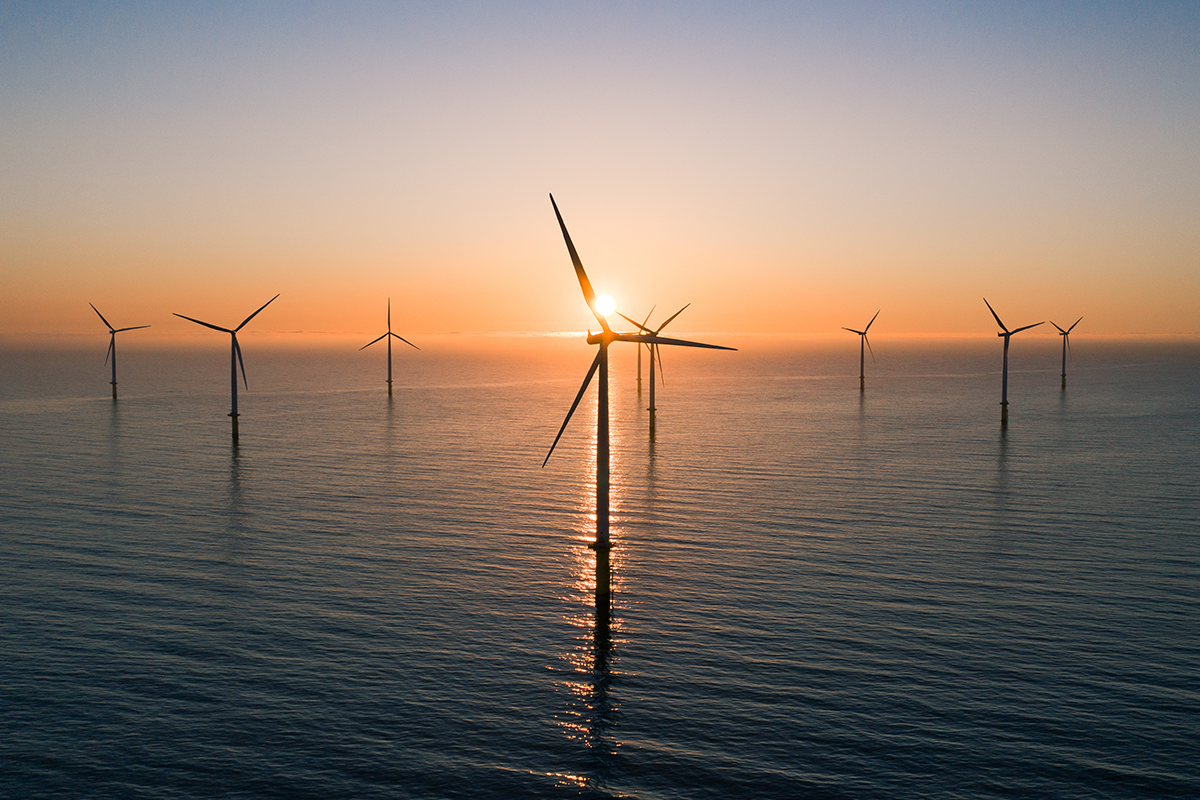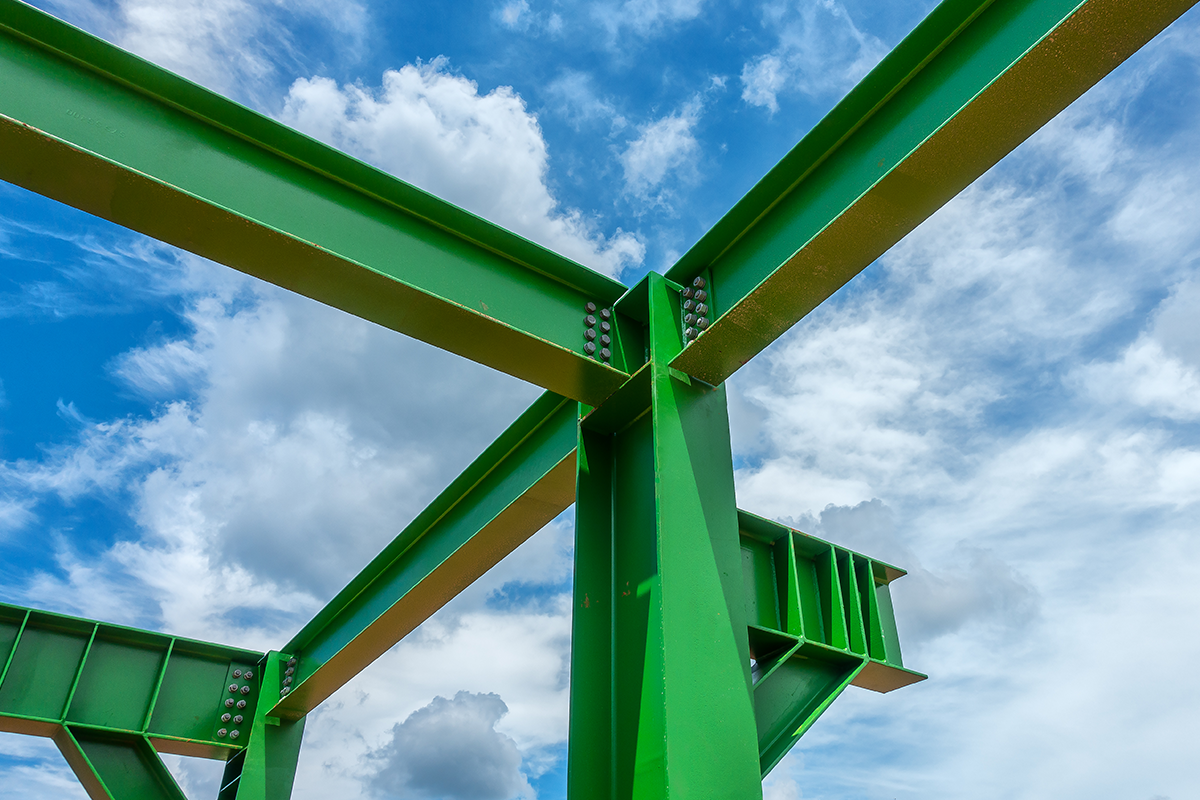Tell us about your early career and why you set up Innovafeed?
After graduating from Columbia University and Ecole Centrale Paris, I started working in strategy consulting, at McKinsey & Co, mostly on economic development and agricultural growth strategies. In 2016, together with Aude Guo and Bastien Oggeri, we founded Innovafeed with the goal of improving the health and food sources for people and animals. In building a circular and zero waste agri-food chain replicating insects’ natural role, we are delivering on that goal, and reinventing our food system with a focus on quality, sustainability and resilience, for everyone.
What’s your mission and how do you fit into the sustainability universe?
Innovafeed is a leading biotech insect producer for animal and plant nutrition. We breed Hermetia Illucens, black soldier flies, for use in aquaculture, animal and plant nutrition and pet food.
Innovafeed’s mission is to feed tomorrow’s world with sustainable and natural solutions. To reach that goal we developed a scalable vertical farming model, both circular and zero waste. Circularity is at the heart of our proprietary industrial symbiosis model. By co-locating our plants with existing industrial players, we cut CO2 emissions and save residual energy. Our activity is zero waste as every part of the insect is used: we produce protein and oil from the Hermetia Illucens, while utilizing the insect waste for fertilizers. We operate the world's largest insect protein production facility in Nesle, France. This adaptable model will be replicated at our facility in Decatur, Illinois and the capacity will be four times as big as Nesle.
How does the industrial symbiosis method work?
As mentioned, we co-locate our production farms with existing industries. As part of a circular economy system, our sites run on agricultural by-products from agribusinesses and waste energy from power plants. Using this industrial symbiosis method, we have reduced our environmental impact by 80%. And in turn, by offering our neighbors short-loop valorization routes – feeding our Hermetia Illucens with byproducts - we have helped to reduce their environmental impact while strengthening the local ecosystem and creating employment.
How big is the challenge you are trying to solve?
We need to feed a growing population, expected to reach 10 billion people by 2050, in a way that respects the environment and alleviates pressure on natural resources. Alternative ingredients such as insects are a qualitative and sustainable solution that guarantee food security. For instance, 1 hectare of Hermetia Illucens larvae produces more protein than 100 hectares of soybeans.
Protecting biodiversity is also at the heart of our mission. According to the United Nations Food and Agriculture Organization, 34% of the world's fish stock was overexploited in 2020. By restoring insects to their place in nature, we can contribute to safeguarding the marine ecosystem. Each ton of insect protein, allows us to preserve 3 tons of foraged fish.
How is climate change affecting the way food is grown and produced?
Today, food systems are responsible for a third of human-generated emissions according to the Food and Agricultural Organization of the United Nations. At Innovafeed, we have a high environmental performance. In our Nesle plant we are collocated with the starch manufacturer Tereos, from whom we directly receive wet agricultural by-products through a pipeline connecting the two sites. This avoids transporting them but also drying them, an essential step for truck transportation.
We run our factory with green energy from clean power provider Kogeban. It’s waste energy, which would otherwise be dissipated into the atmosphere. This waste energy represents 60% of our needs, the remaining 40% is made up of renewables.
The EU approved insect protein for humans last year. Do you have plans to expand into this area?
The EU does indeed have extremely favorable regulations for insect protein. It authorized the use of insect protein in aquaculture in 2017, for monogastrics (poultry and swine) in 2019 and for humans last year. Momentum is gaining rapidly in the USA as well, where we will establish our next production site.
Our insect, Hermetia Illucens, has a unique value proposition for human consumption. Its protein quality is similar to that of animals and its environmental impact is lower than plant-based protein. Starting with the US market in 2022, we will offer new ingredients extracted from Hermetia Illucens as alternatives to animal and plant-based protein. This will enhance the nutritional benefits and environmental footprint of health-based consumer foodstuffs like sports and medical nutrition products, snacks and meat substitutes.
Do you see barriers to persuade humans to buy insect protein and how can you break them down?
One of our big marketing challenges is to make people more aware of the amazing potential and nutritional value of insect-based proteins for humans. To that end, we are currently developing prototypes and working on the appropriate packaging.
What advice do you have for entrepreneurs in the sustainability space?
When looking to create a sustainable business, it is essential to think in terms of an ecosystem to maximize the impact of this new activity on the environment. This is how we designed and implemented the industrial symbiosis system at the heart of our model. Based on a co-location with existing industrial players, who provide us with energy and byproducts to feed the Hermetia Illucens larvae, it allows us to benefit from a 100% circular production method and to reduce our CO2 emissions by 80% compared to our main competitors.
